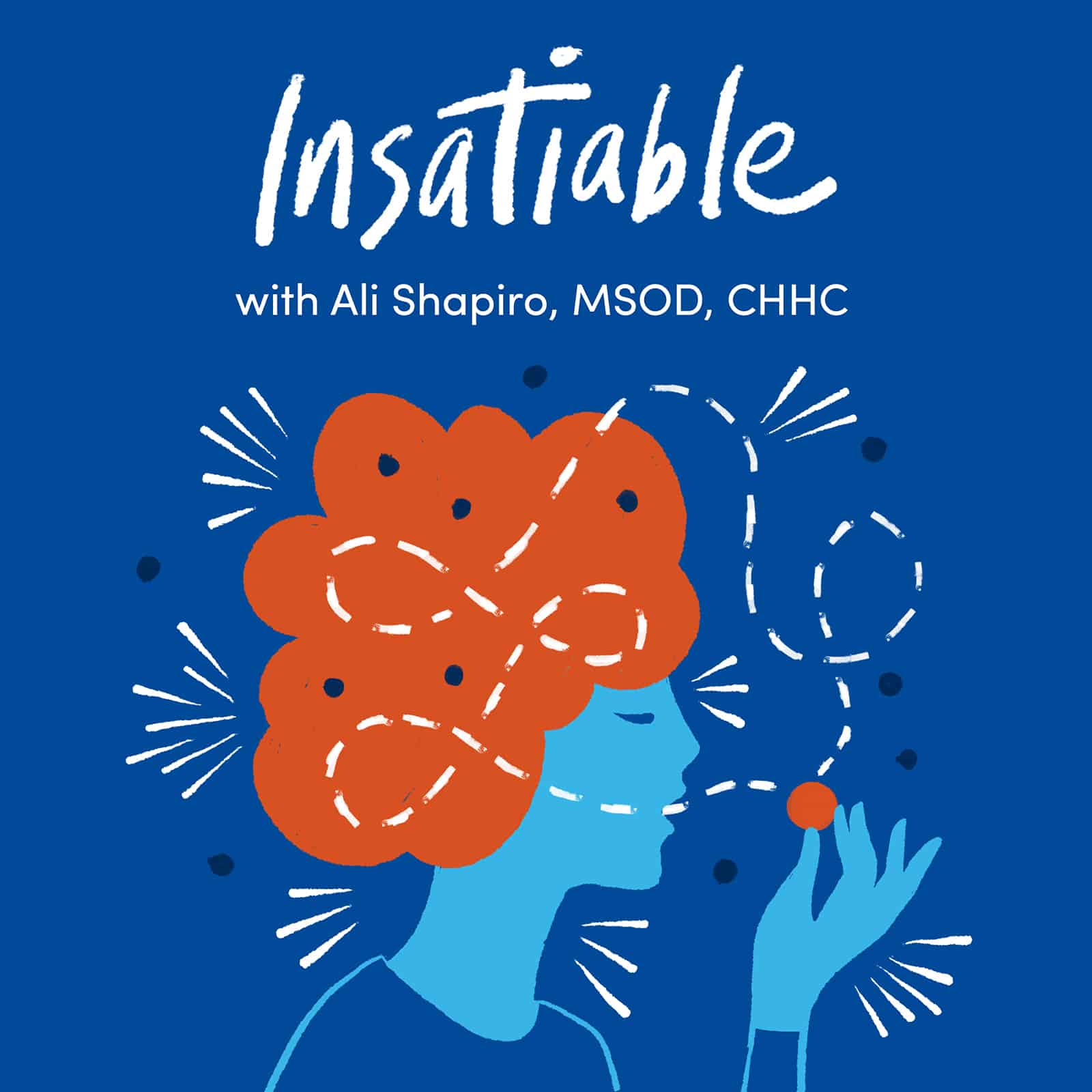When I was going through cancer as a teenager in the early 90s, the available support groups were comprised of mostly people in their 60s and those who were terminally ill.
With cumulative and compounding environmental pollution and treatment advances, more people are getting cancer younger and surviving.
Cancer survivors and thrivers today have more support choices than I did, including the free Share Triumph Virtual Event happening now. Be inspired, receive FREE goodies, exclusive giveaways, and countless tips around topics like how to talk to your child about cancer, shared-decision making and how to be in hell and come out the other side.
I’m talking on “Why Am I Always Anxious?”. I’ll share food and emotional strategies to prevent and work through the anxiety that a cancer diagnosis, treatment, and survivorship brings ( post-treatment can be a harder transition).
I don’t do a lot of cancer events because cancer is often co-opted for profit in counterproductive ways (hello Breast Cancer M&Ms, KFC chicken, and BPA filled pink plastic). I believe this event has integrity and am proud to be a part of it!
Sugar: The Solution, Not the Problem. As independent research mounts about the health dangers of sugar, consumers are being recommended to reduce their sugar to about 5% of their calories. But how?
In Chinese medicine, sweet cravings are a “symptom” of the absence of the bitter flavor, which we get from foods like dark leafy greens, cocoa, coffee and olives. The more broccoli and black coffee you consume, the more you alter your taste buds to be pro-bitter.
Also consider the anatomy and root cause of a sugar craving, which can include a lack of awareness of how much sugar you’re eating from “healthy” foods (4 g of sugar is about 1 sugar packet!) and emotional challenges. Sugar cravings can be an invitation to understand what your body is lacking—and what deeper issues you need to uncover and resolve to lead a more fulfilling life.
The Weight of Trauma. Your Adverse Childhood Experiences Score or ACES trauma score as it’s referenced more frequently in public health discussions and even by Howard Stern, originated in an obesity clinic. Yes, the long-term, unaddressed impact of trauma was first uncovered by researchers on the scale.
Many people dismiss their own trauma in connection to their eating or weight because they think they didn’t have it “that bad” or aren’t aware that dieting can be an attempt at resolving unaddressed trauma. And even lesser known is the potential for post-traumatic growth, which more people experience than PTSD. A healing centered approach to address trauma is the new frontier beyond trauma-informed care asking “what’s right with you” instead of “what happened to you”. This approach allows us to turn our pain into power and our eating challenges clear up as a side-effect.
The Weight Of It. Life transitions are often when our food is out of control. When we only address food—not why and how we’re relating to it in this way—we can’t identify what we actually need, which is often to feel grounded (i.e. safe). Garance Dore writes beautifully about how a recent transition in her life – ending a relationship – resulted in a struggle to listen to her body and which food rules applied to her. And so she let it all go. And now, how she’s navigating coming home to herself.
For us in the Northern Hemisphere, it’s hot and time for meals that don’t require turning on an oven. This Raw Sweet Corn and Cashew soup will cool you down and only takes five minutes to make!
My changes? I use organic frozen corn, extra garlic, and top with cilantro. Non-organic corn is generally genetically modified and doused in RoundUp proven to cause more than just cancer.
Despite my own radical healing from cancer, depression, Irritable Bowel Syndrome, allergies, acne, hypothyroid, dieting, bingeing and infertility – I’m still uncovering low expectations for my body hanging out in my mind as I’m surprised at the resilience and capabilities of my body eight months into a relatively easy (knock on wood!) pregnancy.
I recently sat down with Sas Petherick, one of my closest friends and colleagues, to discuss how practically dying gave her more trust in her body and how our stories about our bodies that we’ve often gotten from our culture and families make us believe “this is who I am” —and sabotages sustainable change.
Looking for inspiration at the endless possibilities for healing and transformation from what you thought was genetics, destiny, or labels placed on you? Check out this episode where we discuss the freedom, creativity and self-trust we rewrite our body stories.
Read the transcript
Seasons Change
We’re wrapping up our Summer “Consistency” theme in the Insatiable Community with how to break the accommodator pattern so you can feel fulfilled (instead of like a martyr) with your food and life choices.
The Community is energized by their many summer breakthroughs — and is collaborating with me on the fall theme. Stay tuned for the next edition of Well-Rounded where we’ll announce our next theme to see if it resonates with you.
Be well,
Don’t miss Well-Rounded, get it delivered directly to your inbox
















Leave a Reply